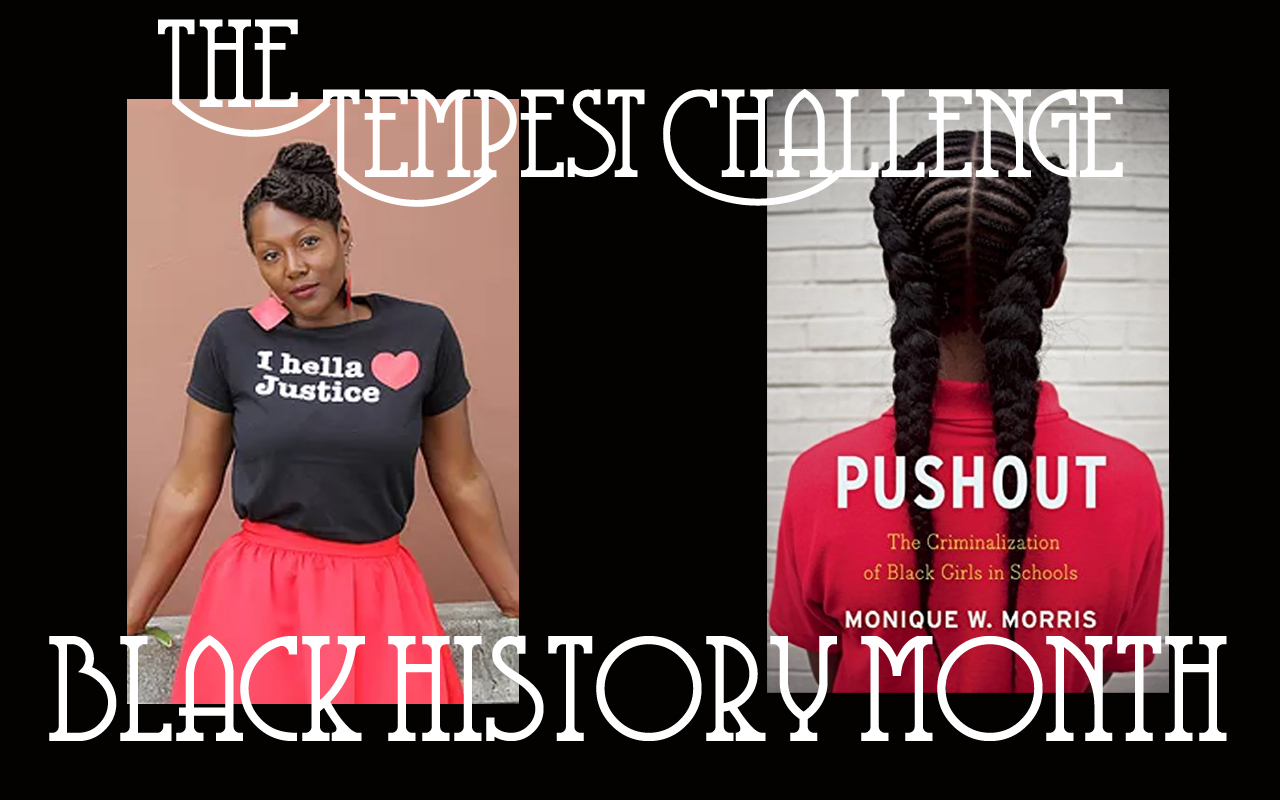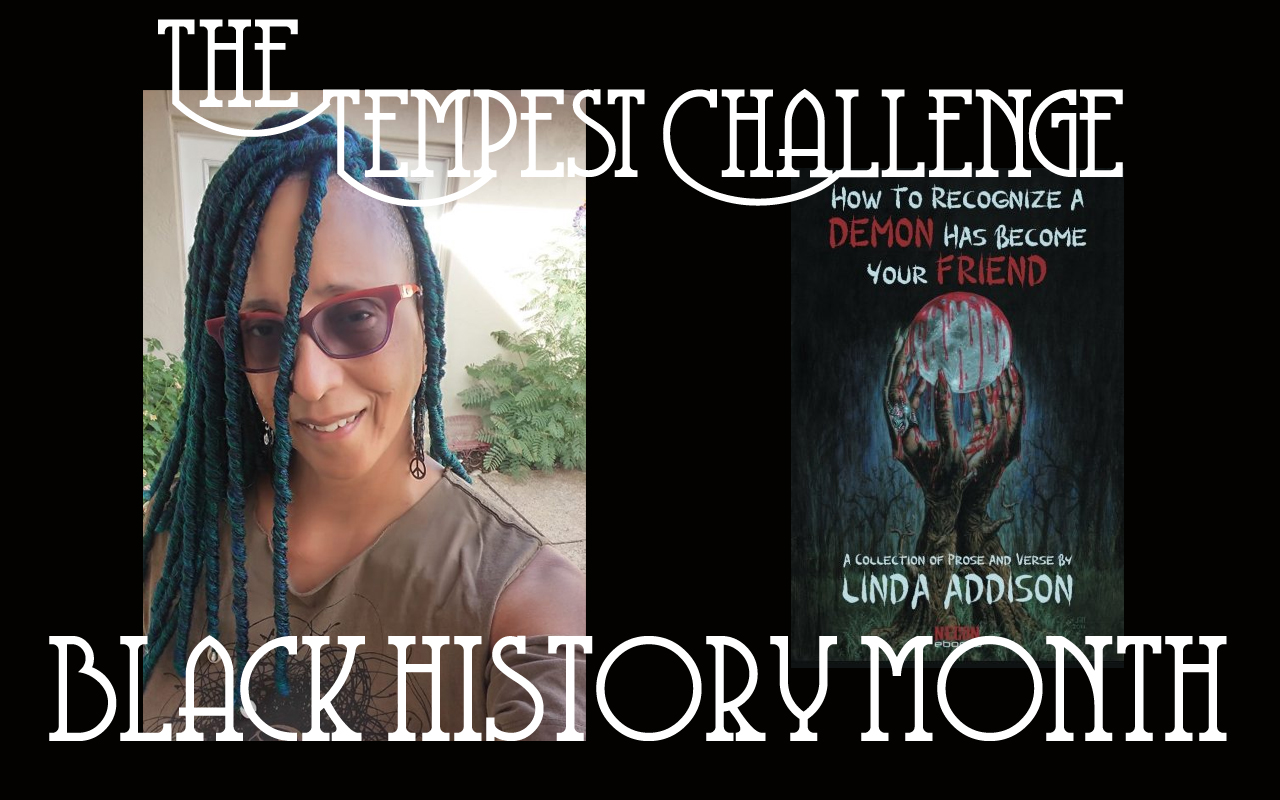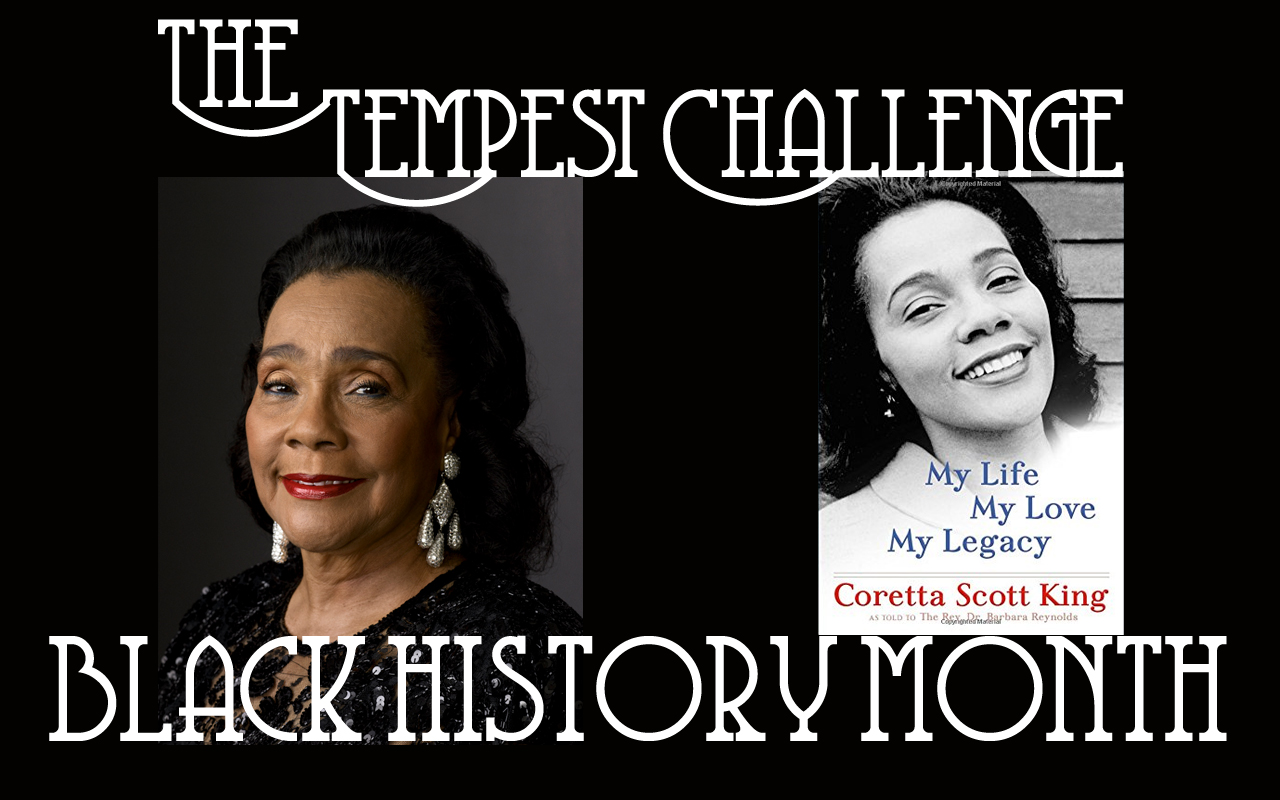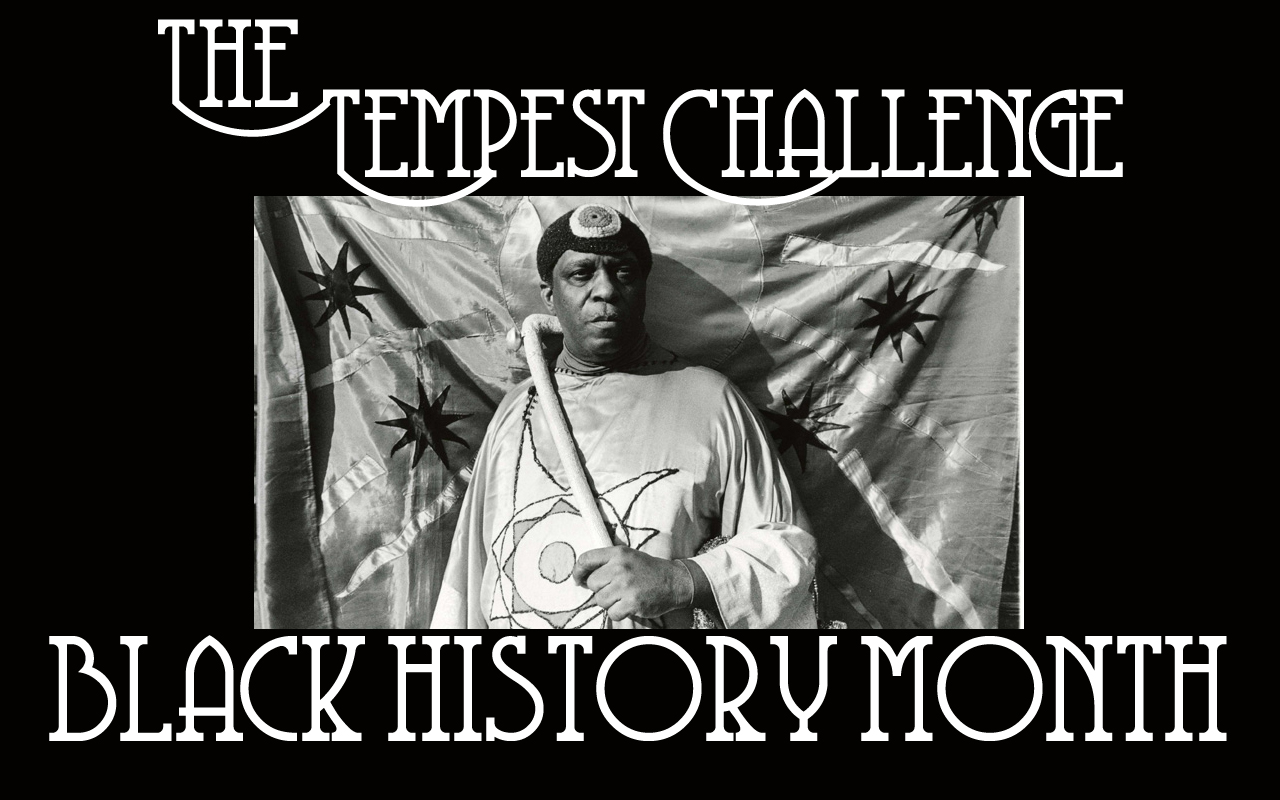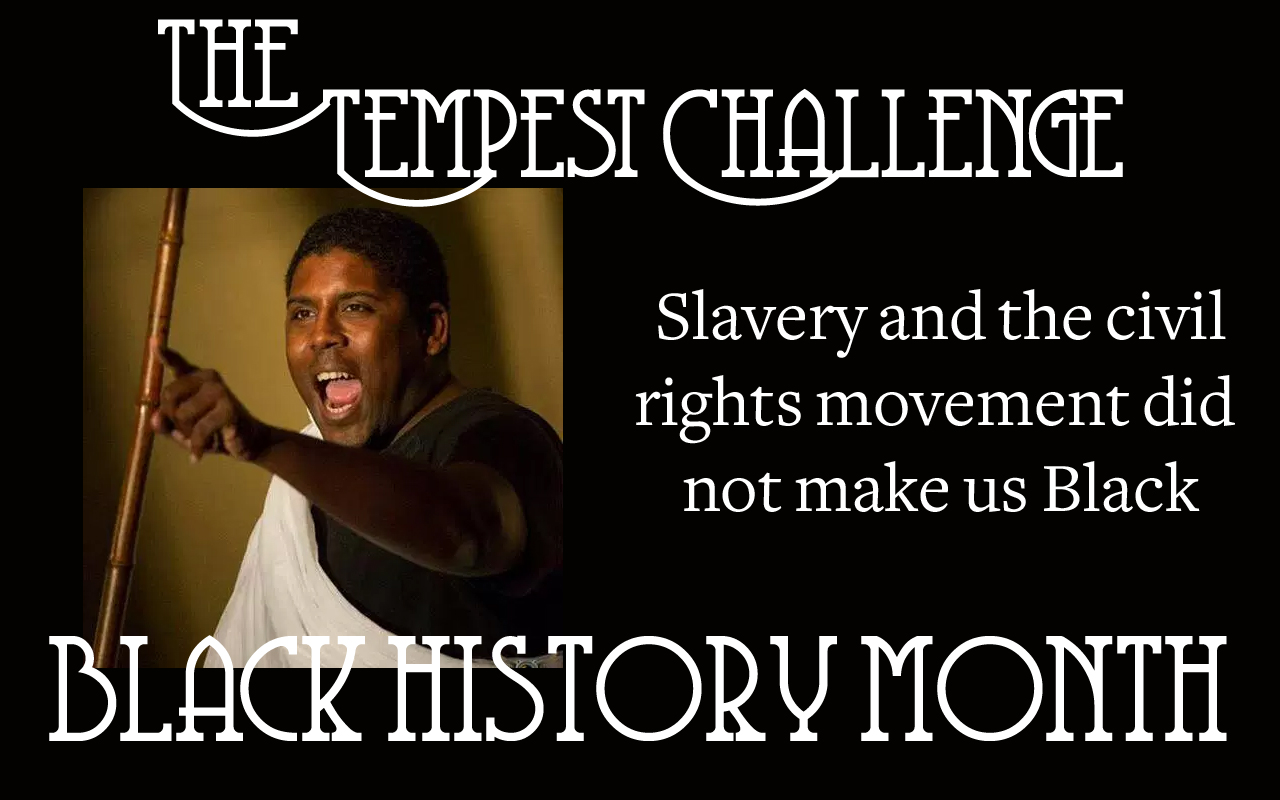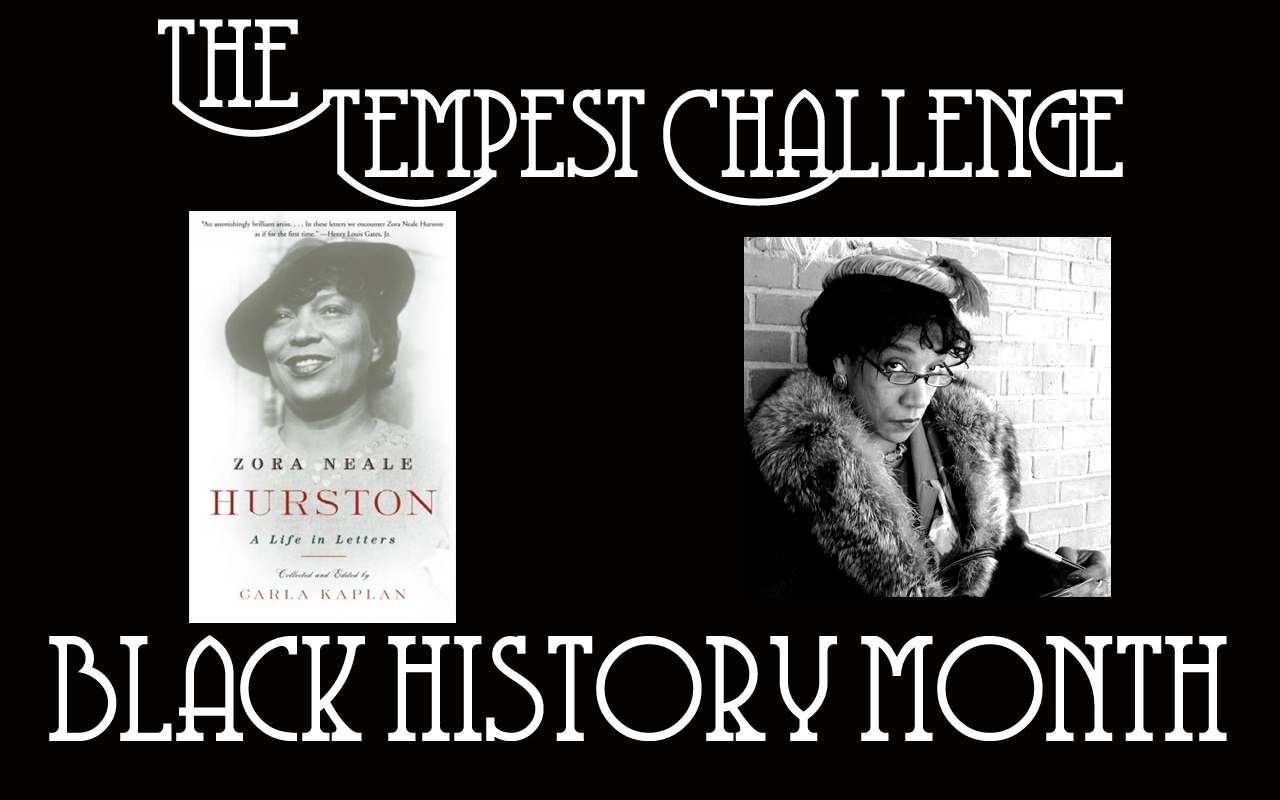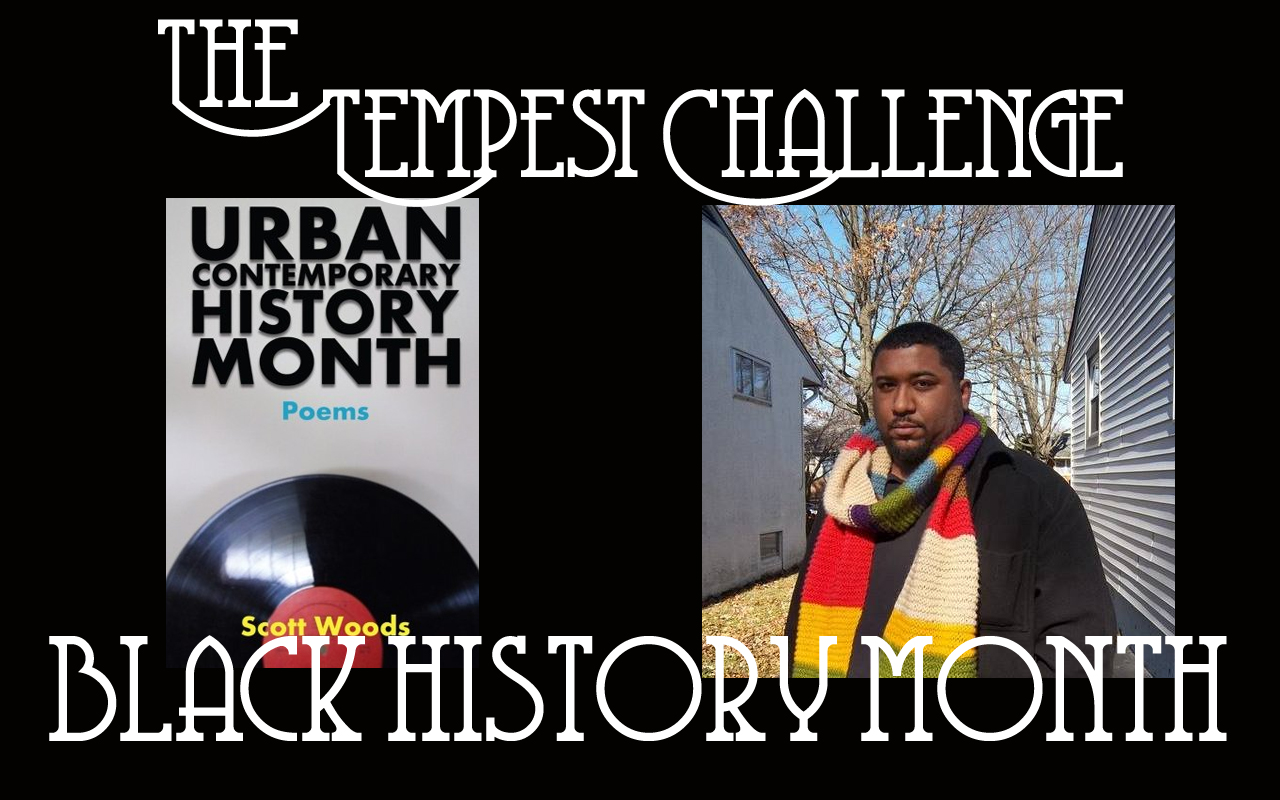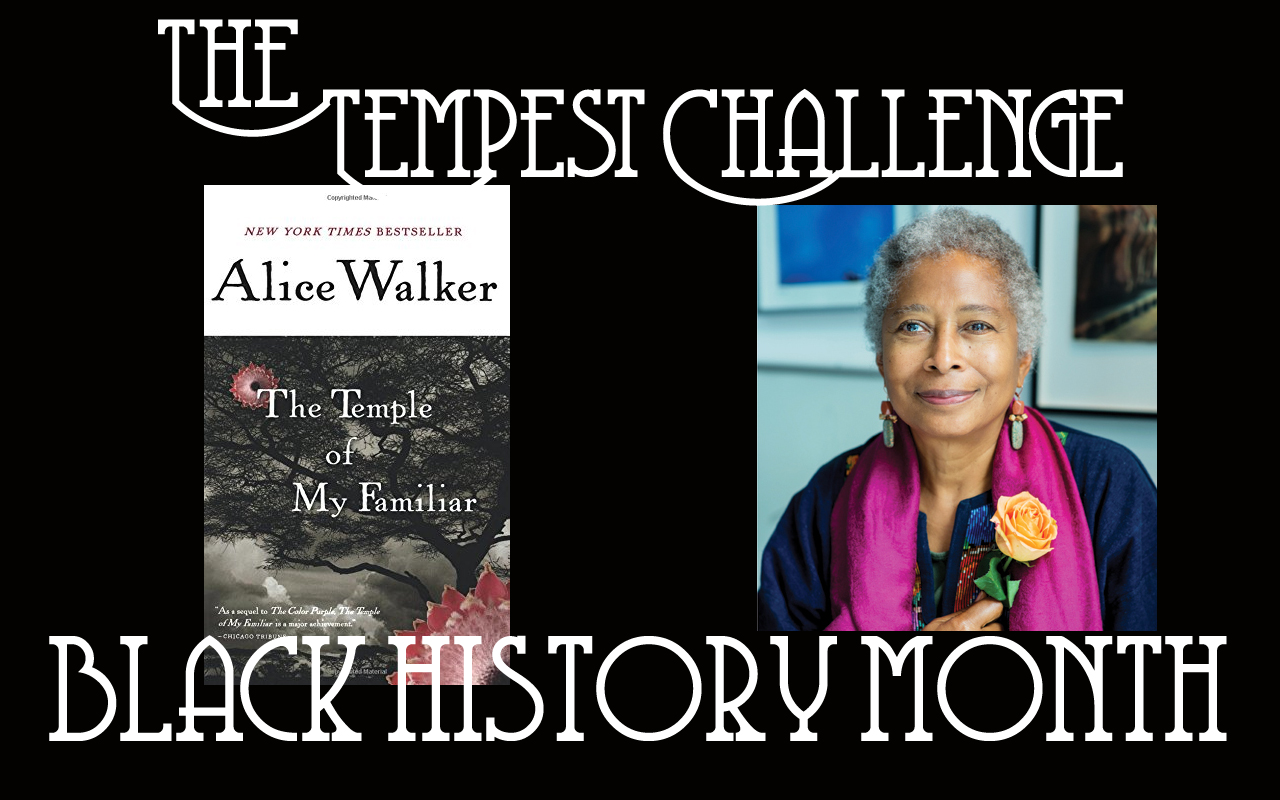One of the unfortunate side-effects of the spotlight on how often police and other government authority figures target, unduly punish, or kill Black boys and men is that the narrative tends to ignore the fact that this stuff happens to Black girls and women too, at rates that are just as alarming.
The #SayHerName Campaign seeks to document, highlight, and bring into the light the names and stories of the Black women who suffered violence at the hands of police in the U.S., a cycle that starts in grade school. That’s why books like Pushout are important to read.
The description below may be triggering due to an explanation of sexual trafficking and violence.
Fifteen-year-old Diamond stopped going to school the day she was expelled for lashing out at peers who constantly harassed and teased her for something everyone on the staff had missed: she was being trafficked for sex. After months on the run, she was arrested and sent to a detention center for violating a court order to attend school.
Just 16 percent of female students, Black girls make up more than one-third of all girls with a school-related arrest. The first trade book to tell these untold stories, Pushout exposes a world of confined potential and supports the growing movement to address the policies, practices, and cultural illiteracy that push countless students out of school and into unhealthy, unstable, and often unsafe futures.
For four years Monique W. Morris, author of Black Stats, chronicled the experiences of Black girls across the country whose intricate lives are misunderstood, highly judged—by teachers, administrators, and the justice system—and degraded by the very institutions charged with helping them flourish. Morris shows how, despite obstacles, stigmas, stereotypes, and despair, black girls still find ways to breathe remarkable dignity into their lives in classrooms, juvenile facilities, and beyond.
I haven’t read this book yet, but Melissa Harris-Perry recommended it, and that’s good enough for me. If you have read it, or you do in the near future, please do share your thoughts in the comments below or on Twitter using the #TempestChallenge hashtag.

